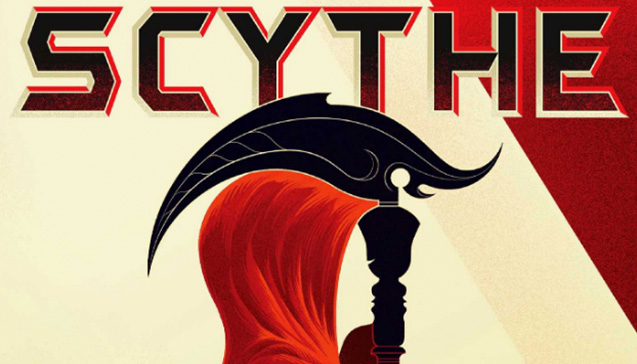I vividly remember being the first kid in my sixth-grade class to read “The Hunger Games” and tell everyone what a great book it was.
That book, its sequels and its legacy in the films became a dominant force in early 2010s pop culture, with millions of fans worldwide incorporating the iconic, gold Mockingjay pin and three-fingered salute into their middle and early high school life.
Of course, The Hunger Games was hardly the first, and definitely not the last, of its kind.
I thought that the young adult, dystopian sci-fi novel had become stale very quickly after its meteoric crash into the mainstream. They all tend to read the same: an aggressive and rebellious lead, an awkward love interest that’s typically a childhood friend, and a nebulously evil government or corporation represented by a cartoonishly evil patriarchal figurehead bent on keeping the world miserable for some reason. Let’s not forget that the lead also has some secret knowledge or power that could turn the world upside down for everyone.
But “Scythe” by Neal Shusterman was a cut above any novels in the genre that I’ve read thus far.
“Scythe” does something arguably unique among sci-fi novels. It asks the question of what if the artificial intelligence that takes over the earth isn’t a cold, evil exterminator of organic life, such as in “The Matrix” and “Terminator”? What if it genuinely loves each and every human so much that none of them ever have to worry about anything ever again, even death?
“Scythe” takes place in a world where “the Cloud” has gained sentience and evolved into “the Thunderhead,” which has freed humanity from hunger, poverty and even natural death. There is no more sickness, war or even pain. People are free to lead immortal lives of decadence, turning their age back to twenty every eighty years or so.
Of course, population control remains a problem. However, since humanity is now immortal and the Thunderhead is unable to kill, that responsibility falls to scythes, licensed executioners tasked with “gleaning” people permanently, and they are the only individuals capable of doing so.
Scythes are feared and revered as angels of death by humanity. Scythes are not volunteers, they are chosen, and one of the express qualities for scythedom is that one must not want the job.
When two teenagers are chosen to share an apprenticeship under one of the world’s greatest scythes, they are forced to confront the world as they know it, as it could be and what it will be if they fail.
I had to read the book for a philosophy class. I bought the book over Christmas break and read all 443 pages in one sitting because it was just that good. Other novels relish in their worldbuilding and take pages upon pages to stop the story to explain complicated lore, however, “Scythe” never does that. All the information you need to understand the story and care about the world is done in time with the action.
The book never misses a beat, and its breakneck pace combined with creative ideas, interesting and understandable characters, and a constant sense of building dread towards the inevitable climax make it a breath of fresh air in what I thought was a dead genre.
If you haven’t read “Scythe,” read it. And if you have, then read it again.
For comments/questions about this story tweet @TheWhitOnline or email [email protected].

























































































































































!["Working with [Dr. Lynch] is always a learning experience for me. She is a treasure,” said Thomas. - Staff Writer / Kacie Scibilia](https://thewhitonline.com/wp-content/uploads/2025/04/choir-1-1200x694.jpg)









































